Settimo Vittone
Settimo Vittone is a comune (municipality) in the Metropolitan City of Turin, Piedmont, northern Italy. It is located about 50 kilometres (31 mi) north of Turin, in the Canavese traditional region.
Settimo Vittone | |
|---|---|
| Comune di Settimo Vittone | |
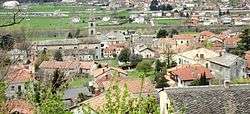 Panorama | |
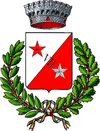 Coat of arms | |
Location of Settimo Vittone 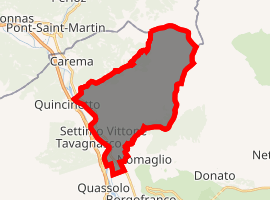
| |
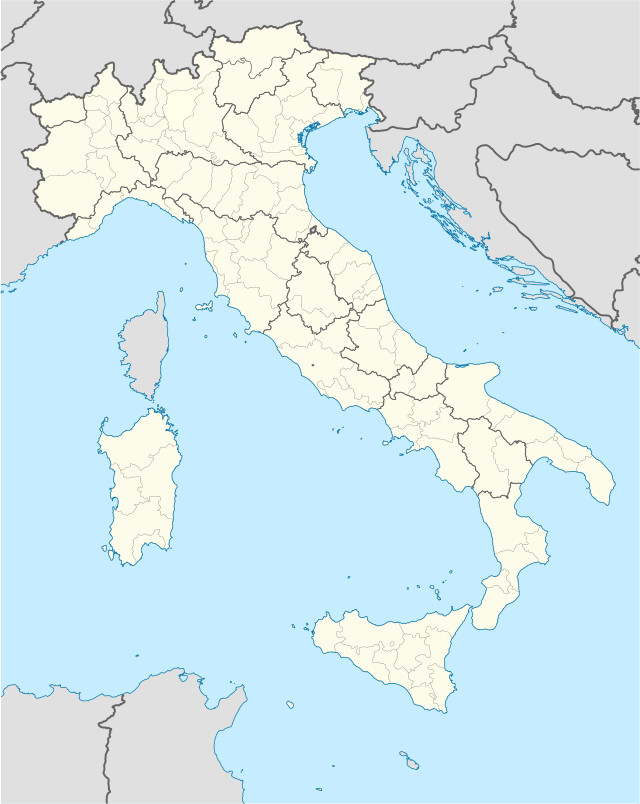 Settimo Vittone Location of Settimo Vittone in Italy 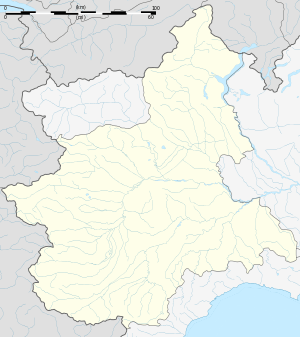 Settimo Vittone Settimo Vittone (Piedmont) | |
| Coordinates: 45°33′N 7°50′E | |
| Country | Italy |
| Region | Piedmont |
| Metropolitan city | Turin (TO) |
| Frazioni | Cesnola, Cornaley, Montestrutto, Sengie, Torredaniele |
| Government | |
| • Mayor | Sabrina Noro |
| Area | |
| • Total | 23.26 km2 (8.98 sq mi) |
| Elevation | 280 m (920 ft) |
| Population | |
| • Total | 1,546 |
| • Density | 66/km2 (170/sq mi) |
| Demonym(s) | Settimese(i) |
| Time zone | UTC+1 (CET) |
| • Summer (DST) | UTC+2 (CEST) |
| Postal code | 10010 |
| Dialing code | 0125 |
| Patron saint | St. Andrew |
| Saint day | 30 November |
Main sights
The main sights are the castle, pieve (pleban church), and the baptistery of St. Lawrence (the bishop of Autun, dear to the Frank people), dating to the late 9th century. It is one of the main examples of pre-Romanesque architecture in Piedmont, often featuring a bell tower and a rectangular apse. It is home to numerous frescoes, dating from the mid-11th to the late 15th centuries. Settimo has a derivation from septimum lapidem from the city of Ivrea on the Consular Roman road of the Gauls. Here are found the ruins of the ancient fortress, which legend says was built by Attone Anscario, Ansgarda's brother, queen of Franks and here buried. In the 14th century Savoy took control of all the area and incorporated it to their Duchy; the ancient Lords of the place (the Enrico) were nominated Counts. In the 16th century the Castle-Fortress was destroyed and replaced by a new Villa-palace called "New Castle". The Colma di Mombarone mountain is located nearby.
References
- "Superficie di Comuni Province e Regioni italiane al 9 ottobre 2011". Istat. Retrieved 16 March 2019.
- All demographics and other statistics: Italian statistical institute ISTAT.
- "Popolazione Residente al 1° Gennaio 2018". Istat. Retrieved 16 March 2019.
| Wikimedia Commons has media related to Settimo Vittone. |